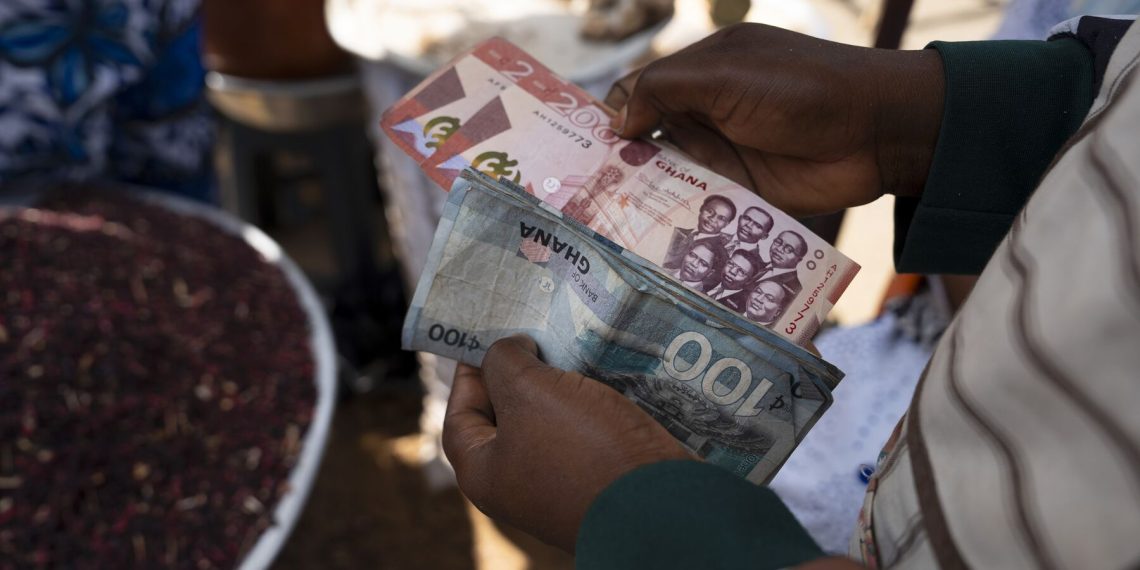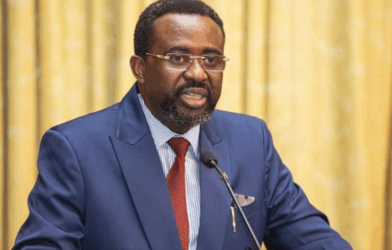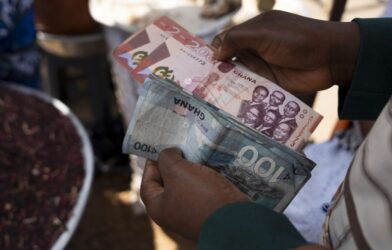S&P Global Ratings has raised Ghana’s foreign currency issuer credit rating from ‘SD’ (Selective Default) to ‘CCC+.
The upgrade is as a result of Ghana’s progress in the debt restructuring efforts and improved macroeconomic outlook.
The rating agency announced the move following the successful conclusion of key phases of the country’s domestic debt exchange programme and continued negotiations with external creditors.
“We affirmed our ‘CCC+’ issue ratings on Ghana’s debt. We also affirmed our ‘CCC+/C’ long- and short-term local currency ratings on Ghana. The outlook on both the foreign and local currency ratings is stable. Ghana’s transferability and convertibility assessment remains ‘CCC+’”, the rating agency stated in its May 9, 2025 assessment sighted by Citi Business News.
The upgraded credit rating is underpinned by strengthening external indicators, notably a marked rise in gold export earnings and the steady re-accumulation of foreign exchange reserves.
It signals improved external liquidity and enhanced capacity to meet near-term external obligations as the restructuring of outstanding commercial debt also nears completion.
Following the successful Eurobond exchange in October 2024, the revised ‘CCC+’ rating more accurately captures Ghana’s improving creditworthiness.
This marks a critical step forward after the successful completion of both local currency and Eurobond restructurings, as well as the ratified memorandum of understanding with bilateral creditors signed on January 29, 2025.
Downside Caution
However, S&P Global Ratings warns that Ghana’s credit rating could face downward pressure over the next 12 to 18 months if fiscal performance deteriorates or financing conditions tighten.
Should such a development happen, it could further elevate the already high debt servicing costs on the country and constrain the government’s ability to refinance upcoming debt maturities, which will pose renewed risks to fiscal and external stability.
“While some lenders could still become holdout creditors, the likelihood of related disruption or unwinding of the debt restructuring process is mitigated from the principles of comparability of treatment under the G20 Common Framework, most-favoured creditor clauses in its restructured bonds, and the process’ advanced stage”, the rating agency mentioned.
Currently, fiscal reforms to fix economic vulnerabilities are underway amidst the structural challenges in the fiscal outlook of the country.
Inflation, though still elevated at 21.2%, is on a downward trend – its lowest level in eight months as a stronger cedi has helped curb import-related price pressures.
The local currency, which crossed the GH¢17 mark on the retail market in 2023, is now trading around GH¢14 as it is showing signs of resilience.
Finance Minister, Dr. Cassiel Ato Forson, assures that the gains are not short-lived occurrences but a reflection of prudent and well-coordinated economic policies.
He attributes the sustained progress to robust fiscal planning and targeted policy actions aimed at restoring macroeconomic confidence.












